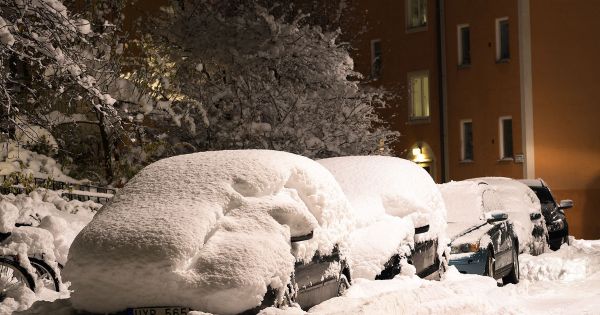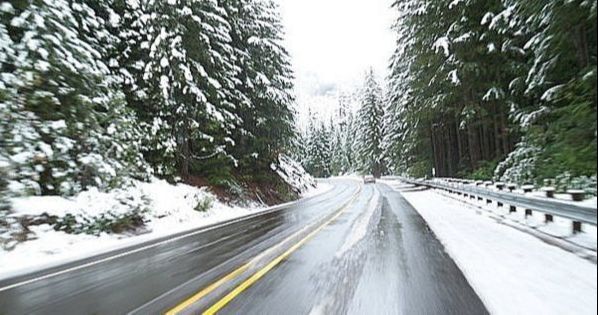While you might believe you're an excellent driver, the reality is that seasonal hazards present dangers to motorists of all ages and abilities. And according to the U.S. Department of Transportation, more than 70% of America's roadways are located in areas that are subject to wintery conditions. Whether you're a newly licensed teenaged driver or you've been behind the wheel for years, you'll want to exercise extreme caution on the roads when temperatures start to drop. Here are just a few winter driving tips that can keep you safe this season.
Adjust Routines in Inclement Weather
In approximately 21% of motor vehicle accidents in the U.S., weather is a contributing factor. What's more, the U.S. Department of Transportation estimates that more than 1,300 people are killed and 116,800 are injured every year due to car crashes that occur on snowy, icy, or slushy roads. Since winter weather can be even harsher in Canada, it's important that you know how to adjust your driving habits during inclement weather (no matter where you are).
First of all, you've got to slow down. Because snow and ice will minimize traction, it's safer to travel at a slower speed to decrease slippage. You should also accelerate and deaccelerate slowly to avoid skidding. It takes much longer to come to a complete stop when roads are icy, so don't risk getting into an accident as you approach an intersection. You should increase your following distance between the car in front of you for the same reason. Never use cruise control in the winter and don't stop when going uphill. If you think you're going to skid, you should actually steer in the direction of the skid so you don't need to overcorrect to stay in your own lane. Finally, exercise caution when using entrance and exit ramps, overpasses, and bridges, as these can be prone to black ice and may freeze at different rates than the roads themselves.
Equip Your Car For Emergencies
Before you ever set out, you should stock your car for potential emergencies. At the very least, you should always have a snow brush with an ice scraper, some jumper cables, a flashlight with extra batteries, emergency flares, blankets, a first aid kit, a phone charger or phone bank, and some extra food and water. Kitty litter, some spare tools, and a physical map can also come in handy. Don't forget to clean off your windshield, back window, and mirrors before leaving, to keep at least half a tank of fuel in your vehicle at all times, and to check the forecast.

Avoid Intoxicated Driving
This rule applies at all times, but given that holiday celebrations are around the corner, it's worth repeating. You should never drive under the influence of drugs or alcohol. Although early recovery from addiction comes with the highest relapse risk, even those who have no history of substance abuse may be prone to making bad decisions during this time of year. You might overestimate your abilities or think that the weather isn't as bad as it is. If you plan on celebrating with alcohol or legal marijuana during the holidays, always have a plan that will allow you to stay off the roads. Wintertime driving can be treacherous even when you're completely sober, so don't make a mistake that could haunt you for the rest of your life. In the end, it's best to just stay home or stay where you are until it's safe.
Get Your Vehicle Serviced
In addition to stocking your car for emergencies, you should also take this time to get it serviced. Your mechanic can tell you whether your tires are properly inflated or have adequate tread, as well as ensuring that your battery, brakes, wipers, and other components are in good working order. The last thing you'd want is to discover your battery has died when you're far from home and the temperatures are quickly dropping. Before the holidays, schedule service and take care of any known repairs now.
Never Drive Drowsy
We know that driving while intoxicated is dangerous, but so is driving drowsy. Adults need anywhere between seven to nine hours of sleep each night, but you might not be getting that much due to holiday stress. If you have a road trip ahead of you or you know you need to get an early start later in the week, make sure you stick to a strict bedtime. If possible, avoid driving after dark -- not only to increase your visibility in bad weather but to discourage drowsy driving, as well. If you can barely keep your eyes open, pull over in a safe location and rest until you are safely able to drive again. It's better to be late than to never arrive at all.
There's no doubt that winter driving can be a challenge, especially if you aren't accustomed to harsh weather. But with these tips in mind, you'll be able to keep your wits about you and reduce your risk of a major accident.

